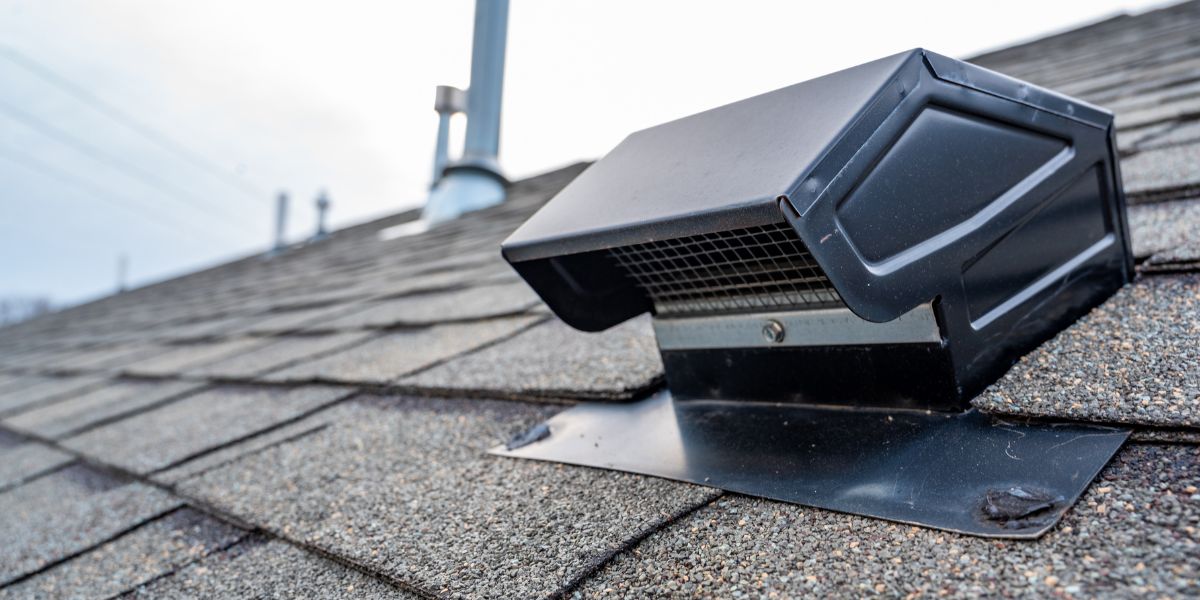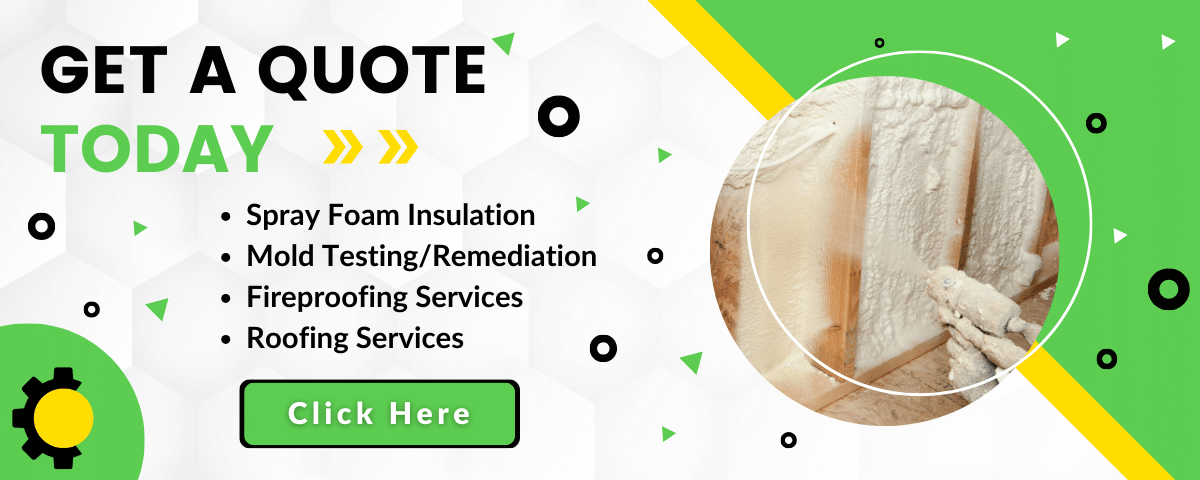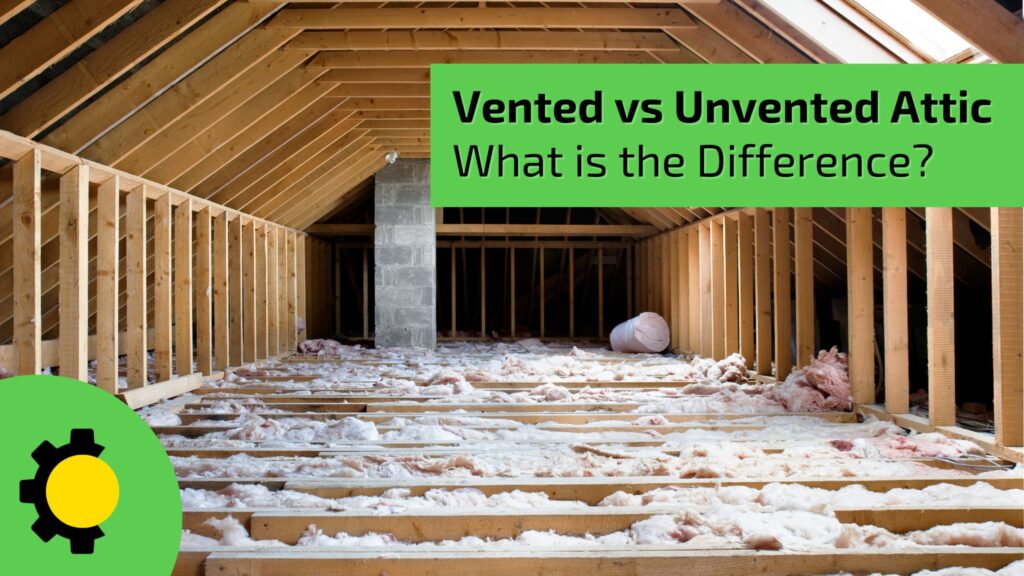If you want to insulate or re-insulate your attic using spray foam insulation, because of the money that’s going up in smoke every month, there are a few other things to think about.
You need to decide whether you want a vented attic or not. What does that mean? We’ve got you covered.
Sunlight Contractors is a company with years of experience in insulating homes throughout the city of New Orleans and surrounding areas. This experience has given us the ability to understand the advantages of vented vs unvented attics.
We’re on a mission: to provide homeowners with all the information they need in order to make an informed decision about their home insulation. In order to help you with this mission, I’ll be discussing the vented and unvented systems, along with their pros and cons.
Vented vs Unvented Attic: What’s the Difference?
It’s important to know how each attic system works.
The spray foam contractor will either spray your roof deck or the floor of the attic to create a system that is vented.
Let’s take a deeper look at what this means.
Ventilated attic systems are those that have working vents. In the summer, for example, it is very likely that your attic will be extremely hot. These vents allow air to flow through the attic, which then moves hot air and moisture away from the attic.
Spray foam insulation installed in vented attics prevents heat transfer, so the rest of your home won’t get hot.
A non-vented attic system uses an air seal to create a conditioned attic. Spray foam insulation on the roof deck can stop air flow. The air will not be too hot in the attic if the building envelope of the house is air-sealed.
There is a common myth that unvented attics are a problem because the roof must breathe or that the insulation will make the roof too hot. Spray foam insulation on the roof deck could increase the temperature by a few degrees but not enough to damage the roof shingles.
Let’s look at each system in more detail to help you better understand vented vs unvented systems. This will hopefully help you decide which system is best for your attic.

Spray Foam Insulation for Vented Attic: Pros and cons
You probably already have a vented roof, as this has been the standard way to insulate attics with cellulose and fiberglass for a very long time.
In some cases, spray foam insulation on a vented floor in an attic might be the most suitable option for you.
Take a look at some of the pros and cons for the vented attic.
Vented Attic Pros
- The vented attic system is the best option if you have a roof with a steep pitch. There’s less space to spray foam.
- Attic vents are already installed in many homes.
Vented Attic Cons
- You won’t have the option to store anything in your attic because it is not a conditioned area.
- The airflow from the vents will cause a drastic change in temperature.
- Check the vents regularly to make sure they are functioning properly.
- Moisture can build up in this system.

Unvented Attic System: Pros and cons
These unvented attic systems, also known as conditioned attics, are the new and improved way to make attic energy efficient.
Unvented Attic Pros
- Addition of unvented attic foam insulation seals the envelope and stops airflow. This air seal can help make your home more efficient.
- The attic can be converted into a living space or storage area. It can be converted into a storage space or living area.
- This system will help you to avoid condensation in your attic.
- The unvented system in the attic will protect any mechanical systems, such as HVAC and ductwork.
- Unvented attic systems work to stop ice dams from damaging your roof.
Unvented Attic Cons
- Some roofing companies will not honor shingles warranties if a roof deck has been insulated with foam spray. This is an old-school belief that spray foam would cause the shingles to curl and get hot. This is not the case, and many shingle manufacturers have added an addendum in their warranties to allow an unvented roof. It’s best to ask your roofing contractor for advice.
- Spray foam insulation can be more costly for an unvented attic. The reason for this is that there is a larger area to spray and therefore a higher cost.
What is the best choice for your home?
The choice between a conditioned and unconditioned space in your attic comes down to the use you intend to make of the area, as well as what best fits the design of the home.
Unvented systems are the best option for homes that want extra storage but don’t wish to risk moisture buildup. Ventilated systems are best for a high-pitched roof. They will reduce air leakage and still be effective.
To schedule a free estimate in your home if you are unsure which system is best for your home, call us or complete the form on our site.

